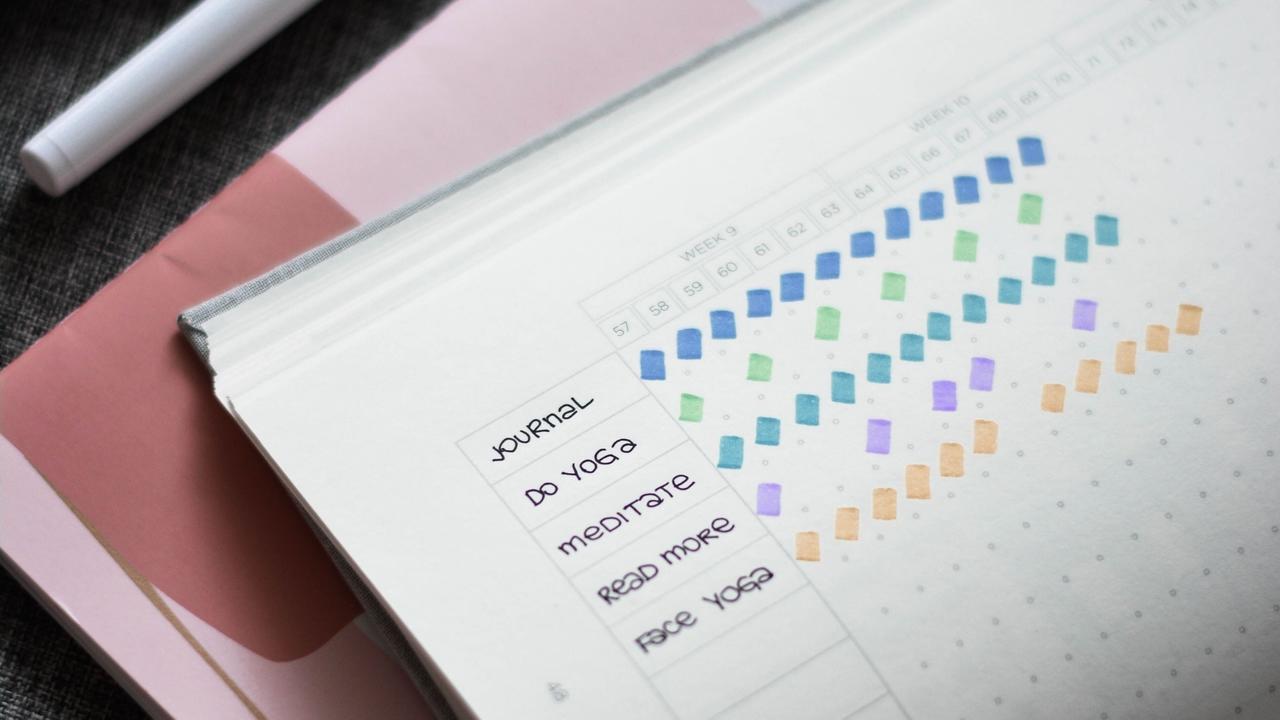Resilient Business, Resilient Self - Part 1 of 2

With the various components affecting our modern business environment, such as geopolitics, economic cycles, globalization of the workforce and supply chains, and fast-changing technology... a higher volatility in our business environment IS the new NORM.
Building resilience skills will help you when the economy is on shaky ground AND will also serve you when the economy is back to something closer to "normal." In this blog post, I'm going to cover what resilience looks like for businesses, and I'll follow it up with a second post on building your own personal resilience.
Resilience in Business
2 Comprehensive Studies (and what they found)
Both studied how major economic downturns affected companies and what those companies did to get through recessions successfully, and in some cases, came out the other side of it in better standing than they were when the economic downturn began.
*Study 1: 1100 companies, range of industries and geographies, one recession time period
*St...
Be the CEO of Your Business

Every business has a leader. In many cases, they call that person the CEO.
If you’re self-employed, even though you may not think of yourself as one, you most certainly are the CEO of your own business.
Do you think of yourself as a CEO? If you do, then you are more likely to think like a CEO and to perform like one—in a way that consistently drives your business forward. In this post, we’re covering some of the most important responsibilities of a CEO and the key ingredients that make CEOs exceptional at what they do.
The CEO Genome Project
It was a 10-year-study of the 2500 largest companies in the world with the purpose of determining what all top-performing CEOs have in common. The 4 main characteristics shared by all of the most effective CEOs are:
- Decisive
- Engaging (with clients and employees alike)
- Adaptive
- Reliable
A CEO is also a visionary. As the leader of your business, you’re responsible for determining what your business model is, developing your busines...
Why is it Hard to Break Bad Habits and Easy to Create Them?

How many times have you tried to stop eating sugar? Or start exercising? Or spend less time on your phone? Or read more books? Or save money? Or one of many other actions you label as good for you or more in alignment with who you want to be?
Why is it hard to create one good habit?
And why is quitting a bad habit so difficult?
To stop doing something we know doesn’t serve us should be easy, shouldn’t it?
Those are questions most of us have asked ourselves a time or two. One reason why this topic is so important is because it applies to us all.
When you understand your behavior, it becomes easier to change. There are a few key steps that’ll help you make or break habits, and understanding how a habit works in your brain is the first step.
A habit is something you’ve repeated enough times that it became ingrained in your neural pathways so that you do it without consciously thinking about doing it or how to do it.
The structure of a habit
Which I learned from the ...
How to Change a Bad Habit or Create a Good Habit

Changing a Bad Habit or Creating a Good Habit is a process. It’s not easy, but it is scientific and you can control it.
Here’s an overview of the process to change or create a habit with more explanation below.
- Figure out what the cue is
- Replace the bad habit behavior with a new one, and make sure there is some sort of reward for the new behavior
- Start small and take incremental steps (the rewards can be small too)
- Prime your environment
- Focus on habits that influence other habits
Figure out your cues
Do you walk into the kitchen when you’re bored or restless, and you find yourself reaching for a snack when you’re not even hungry? It could be that your cue is the feeling of being bored or restless or even the action of walking into the kitchen.
Implement a More Positive Behavior
Sometimes, simply swapping a behavior in an existing loop for a new one is easier than eliminating the loop all together. Instead of walking into the kitchen when you’re feeling that way, tr...
Better Communication Skills and Why Your Silence is Detrimental

Why do you think it’s important to have good communication skills?
And how could such skills benefit you?
In my experience, and witnessing others' experiences, I've come to believe communication skills has an affect on your personal life, your work life, and your social life. Communication is basically central to all your relationships.
In each of the next four posts (well this one, plus 3 others), I’m going to discuss effective communication.
Think about your personal life. If you improved your communication skills, where would it affect your life the most?
For me, I think it would most help my marriage, because even though my husband Josh and I actually are in a really good place, we still get into arguments, and most of the time, it's my fault. I know it's Josh —one of the most forgiving people you’ll ever meet—and he's going to forgive me like it's no big deal.
With him, I don't always take the time to take a breath and say things in a nicer way like I would wit...

